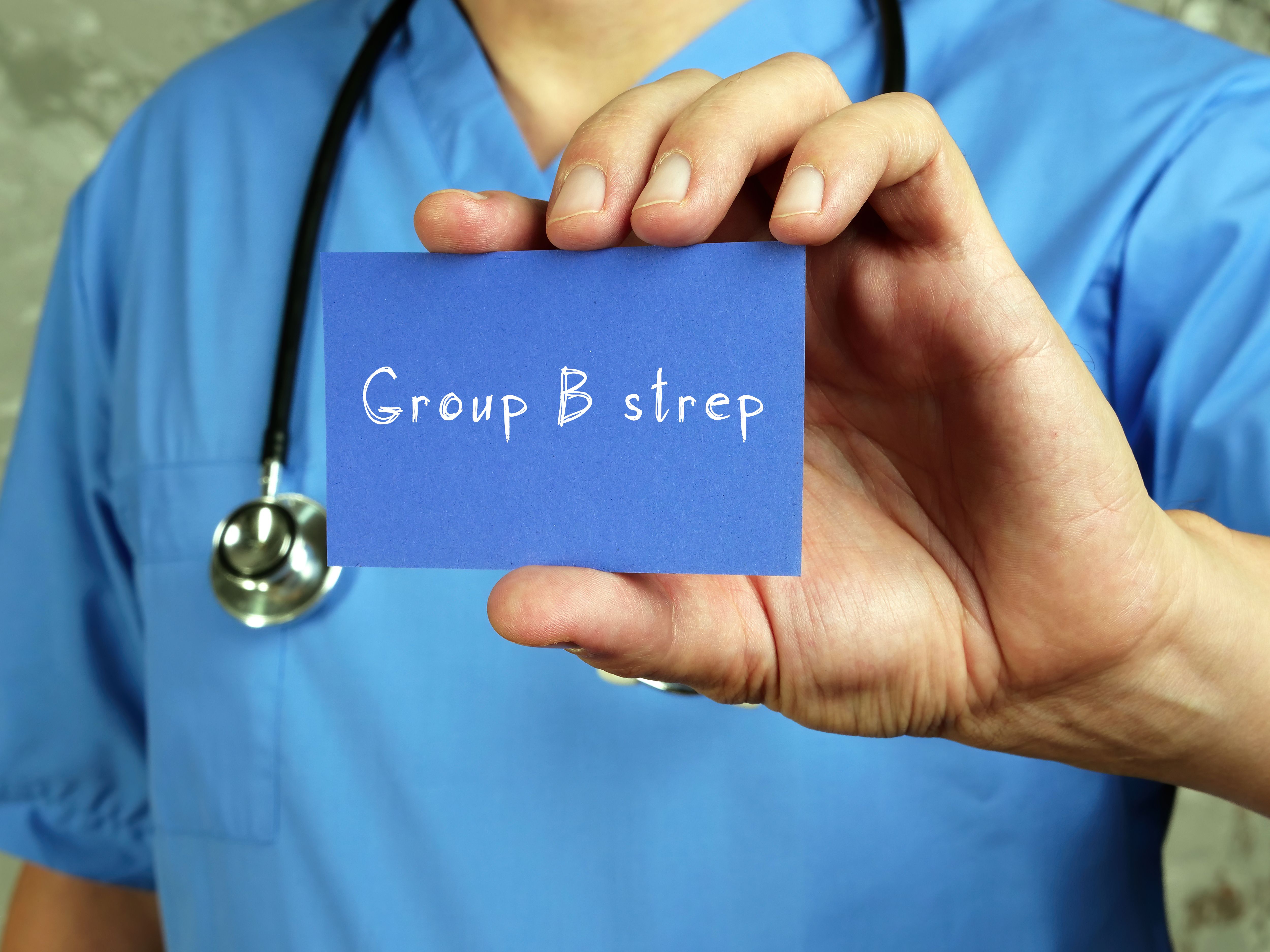Pfizer announces phase 2 data of Group B Streptococcus vaccine candidate
According to Pfizer, the investigational vaccine to protect against Group B Streptococcus (GBS) generated maternal antibody responses against 6 capsular polysaccharide serotypes and efficiently transferred antibodies to the infants. The announcement of this phase 2 data comes in July, which is International Group B Streptococcus Month.
Pfizer announces phase 2 data of Group B Streptococcus vaccine candidate | Image Credit: © Yurii Kibalnik- © Yurii Kibalnik- stock.adobe.com.

On July 19, 2023, Pfizer revealed data from an ongoing 3-stage, phase 2 study (NCT03765073) of its maternal capsular polysaccharide (CPS) conjugate Group B Streptococcus (GBS) vaccine candidate, which was published in the New England Journal of Medicine. CPS/genetically detoxified diphtheria toxin cross reactive material (CRM) 197 glycoconjugate (GBS6) is being developed to protect infants against invasive GBS disease, via maternal administration according to a press release from Pfizer.
Stage 2 of the study focused on evaluating safety and immunogenicity of a single dose of GBS6, formulated at 5, 10, or 20 µg/serotype, with or without an AlPO4 adjuvantor placebo, given during the second or early third trimester delivered via intramuscular injection. The study enrolled 360 healthy pregnant people in South Africa aged 18 to 40 years for stage 2.
Results demonstrated that each of the 6 GBS CPS serotypes included in the vaccine generated “robust” maternal antibody responses. These serotypes are the 6 most prominent GBS serotypes, accounting for 98% of worldwide GBS disease. The antibodies were transferred to infants efficiently at ratios of ~0.4 to 1.3, depending on GBS6 group.
The immunogenicity data from phase 2 suggest that GBS6 could “offer meaningful protection against invasive GBS disease in newborns and young infants,” based on a parallel natural history study in South Africa. Among the vaccine and placebo groups, the safety profiles were similar, and local reactions were mild or moderate and short in duration.
Depending on the dose, 2% to 8% of participants in the GBS6 group reported fever while 5% reported fever in the placebo group. Adverse events in the GBS6 groups occurred in 45% to 70% of participants (dependent on dose) compared to 61% in the placebo group.
The most common adverse events (AEs) and serious adverse events (SAEs) were related to pregnancy. None of the SAEs were determined to be related to the investigational vaccine. Overall, AEs occurred in 62% to 75% of GBS6 participants and in 74% of placebo group participants.
In the ongoing phase 2 study of the investigational vaccine, stage 3 aims to evaluate a final formulation among 216 healthy pregnant people and their infants in the United States, United Kingdom, and South Africa.
GBS can result in sepsis, pneumonia, and meningitis, generally in the first 3 months of an infant’s life. Approximately 394,000 annual GBS cases occur annually, resulting in 138,000 stillbirths worldwide.
Reference:
Pfizer announces New England Journal of Medicine publication of Group B Streptococcus (GBS) Maternal Vaccine Candidate. Press release. Pfizer Inc. July 19, 2023. Accessed July 20, 2023. https://www.pfizer.com/news/press-release/press-release-detail/pfizer-announces-new-england-journal-medicine-publication
The Role of the Healthcare Provider Community in Increasing Public Awareness of RSV in All Infants
April 2nd 2022Scott Kober sits down with Dr. Joseph Domachowske, Professor of Pediatrics, Professor of Microbiology and Immunology, and Director of the Global Maternal-Child and Pediatric Health Program at the SUNY Upstate Medical University.